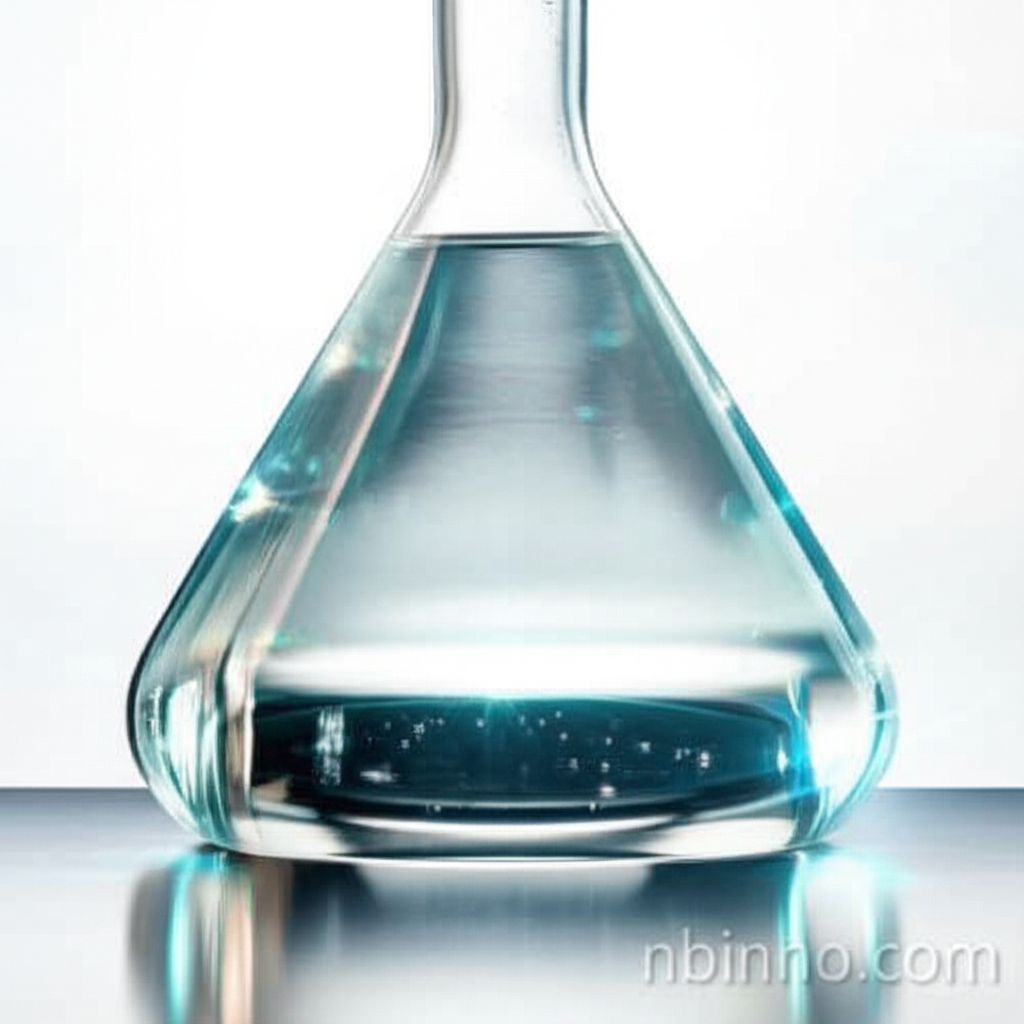Epichlorohydrin: A Comprehensive Guide to Properties, Applications, and Safety
Explore the essential role of Epichlorohydrin in modern industry, from resins to advanced materials.
Get a Quote & SampleProduct Core Value

Epichlorohydrin
Epichlorohydrin (ECH) is a highly reactive organochlorine compound and epoxide, primarily used in the production of epoxy resins, synthetic glycerin, and elastomers. It serves as a critical intermediate in various chemical syntheses, offering unique properties for applications ranging from adhesives and coatings to pharmaceuticals. This guide delves into its chemical properties, production methods, diverse applications, and essential safety considerations for handling this versatile chemical.
- Understanding Epichlorohydrin Chemical Properties: Discover the key physical and chemical characteristics that make ECH a vital industrial chemical.
- Epichlorohydrin Production: Learn about the traditional manufacturing processes and newer glycerol-based routes for ECH.
- Explore Epichlorohydrin Applications in Epoxy Resins: See how ECH is a fundamental building block for high-performance epoxy resins used in coatings and adhesives.
- Safety Precautions for Epichlorohydrin: Essential guidelines for the safe handling, storage, and disposal of ECH, considering its hazardous nature.
Key Advantages
Versatile Chemical Intermediate
Epichlorohydrin's bifunctional nature makes it an invaluable chemical intermediate, enabling its use in the synthesis of a wide array of downstream products, contributing to its broad industrial appeal.
Foundation for High-Performance Materials
As a key component in epoxy resin synthesis, Epichlorohydrin is crucial for creating materials with excellent adhesive properties, chemical resistance, and durability, vital for sectors like construction and automotive.
Enables Pharmaceutical Synthesis
The chemical reactivity of Epichlorohydrin allows it to be used as a building block in the pharmaceutical industry for synthesizing various bioactive compounds, underscoring its importance in drug development.
Key Applications
Epoxy Resins
Epichlorohydrin is the primary precursor for epoxy resins, which are vital for adhesives, coatings, and composite materials due to their strength and resistance properties, a core area for Epichlorohydrin chemical properties.
Synthetic Glycerin Production
ECH is converted into synthetic glycerin, important for high-quality pharmaceutical and biotech applications, showcasing its role beyond industrial polymers.
Elastomers and Specialty Polymers
Used in the synthesis of elastomers and other specialty polymers, Epichlorohydrin contributes to materials with specific performance characteristics needed in demanding industries.
Chemical Synthesis and Solvents
Its reactive nature makes Epichlorohydrin a useful solvent and reagent in various organic synthesis processes, highlighting its utility as a chemical intermediate.
